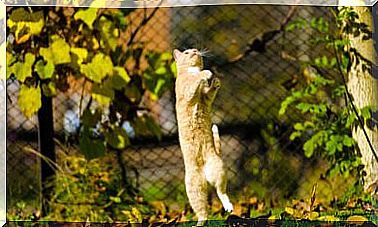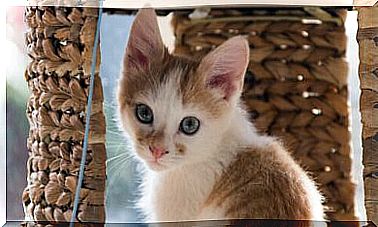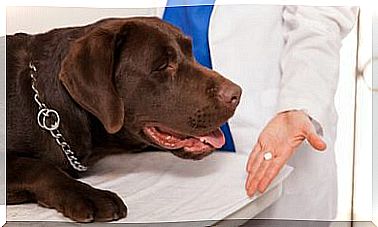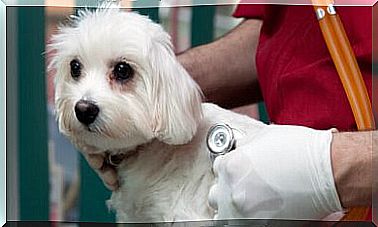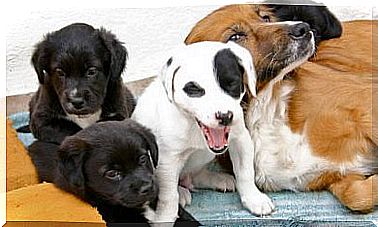Causes Of Acute Vomiting In Cats
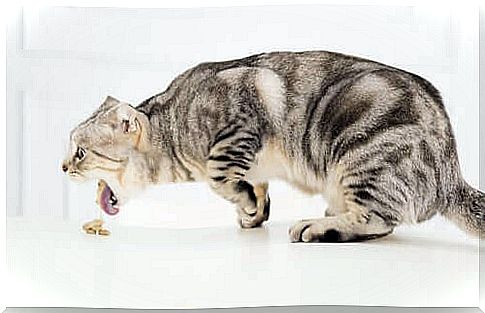
Cats have a more sensitive digestive system than other pets, which, combined with their tendency to lick their fur, causes frequent gastrointestinal disturbances. However, there are cases where acute vomiting in cats can correspond to a more serious illness.
When a cat first vomits, many owners tend to be alarmed, especially if they are inexperienced with the animal. This behavior can become a ‘habit’, causing the animal to vomit even weekly.
Usually, the main cause is the expulsion of so-called hairballs, small tufts accompanied by bile. Therefore, this vomiting should be considered beneficial, as it avoids potential blockages in the intestinal tract.
Allergic reactions, ingestion of toxic plants or simply poor digestion can cause occasional vomiting. In these cases, symptoms last a day or two, and veterinarians often recommend rest from food and good hydration.
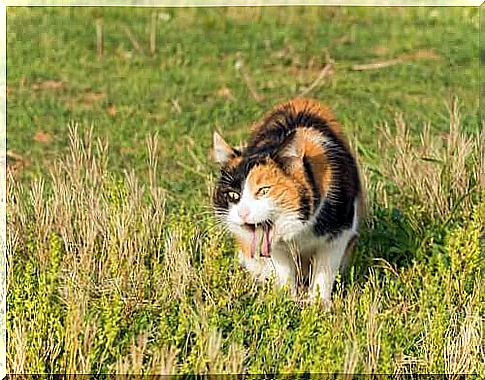
If, on the contrary, the gastrointestinal discomfort intensifies and is accompanied by other symptoms of illness, there will be cause for concern. Acute vomiting in cats can be caused by several factors, so collaboration between owners and veterinarians is essential.
Causes and Diagnosis
To identify the main cause of vomiting, pet owners should examine as much detail as possible. The color, odor and frequency of vomiting, along with any unusual behavior, will serve as a reference for the specialist. In addition, it is necessary to check whether the incorporation of any element in the house, food or material, may have been able to generate allergic reactions in the animal.
The list of pathologies that present vomiting among their symptoms is extensive. Therefore, before worrying, it is advisable to act as calmly and objectively as possible so that the specialist can evaluate the animal effectively.
Thus, it is recommended that owners, in addition to the observation mentioned, collect a small sample of vomit under the most aseptic conditions possible. If there is abundant mucus present, the cause may be an inflamed bowel. Poorly digested food can be caused by food poisoning, anxiety, or overeating. In turn, excess bile is related to intestinal inflammation or pancreatitis.
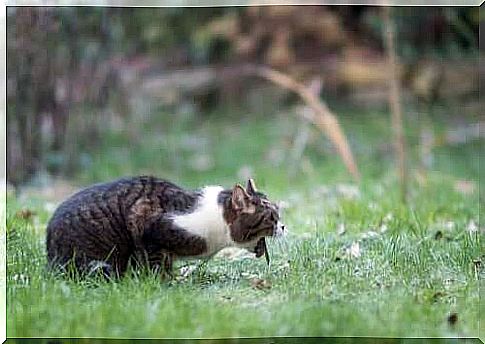
The presence of blood in vomit or the existence of additional symptoms such as fever, pain or apathy may indicate serious conditions.
Treatment for acute vomiting
As with any disease, the cure will depend on the pathological factor responsible. Among the most common treatments are dietary changes, antibiotics to reduce fever or treat possible ulcers, and medications to control vomiting. Major surgeries or administration of corticosteroids will be reserved for the most severe cases.
Also, acute vomiting in cats often causes dehydration or mineral salt imbalance. Therefore, it is common for the animal to be hospitalized for a few days, so that it receives the administration of the necessary intravenous fluids.
With regard to the prevention of these pathologies, it is a fact that the autonomy of cats cannot be limited, as they are curious animals that tend to explore their environment. However, it is advisable to avoid all objects that could pose a potential risk to the feline. Even domestic leaks must be recorded in environments that do not inspire complete confidence in the animal’s health.
